The astrologer who spells the stars, mistakes his globes, and in her bright eye interprets heaven's physiognomies
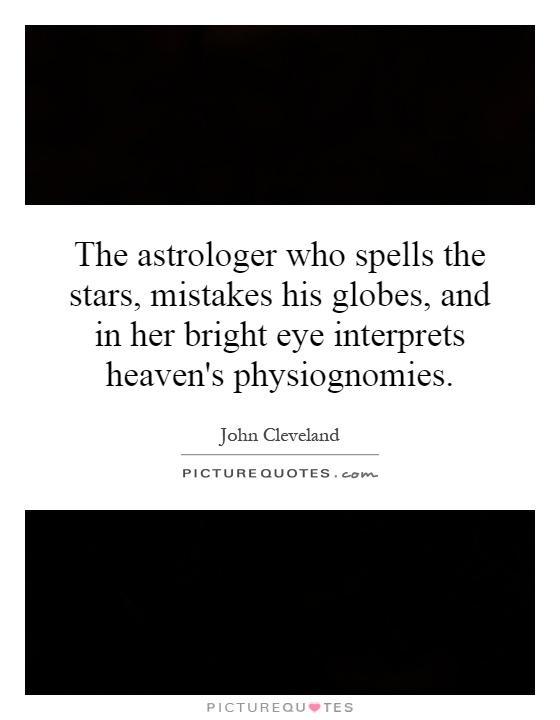
The astrologer who spells the stars, mistakes his globes, and in her bright eye interprets heaven's physiognomies
John Cleveland was a 17th-century English poet known for his witty and satirical works. In his poem "The astrologer who spells the stars, mistakes his globes, and in her bright eye interprets heaven's physiognomies," Cleveland explores the theme of astrology and the folly of relying on celestial signs to predict the future.The title of the poem sets the stage for a humorous and critical examination of astrology. The astrologer in question is portrayed as a bumbling and misguided figure who misinterprets the movements of the stars and planets. By "spelling the stars," he is attempting to decipher their meanings and predict the future, but his efforts are ultimately in vain.
The phrase "mistakes his globes" suggests that the astrologer is confused or mistaken in his understanding of the celestial bodies. He may be using outdated or inaccurate information, or he may simply lack the knowledge and skill to accurately interpret the movements of the stars.
The line "in her bright eye interprets heaven's physiognomies" introduces a new character, a woman whose eye is described as bright and perceptive. She is able to see through the astrologer's mistakes and understand the true nature of the heavens. This suggests that the poet views women as having a deeper insight into the mysteries of the universe than men, who are often blinded by their own arrogance and ignorance.
Overall, the poem can be seen as a critique of the practice of astrology and a commentary on the limitations of human knowledge. By poking fun at the astrologer's mistakes and highlighting the woman's superior understanding, Cleveland challenges the idea that we can predict the future based on the movements of the stars. Instead, he suggests that true wisdom comes from a deeper understanding of the world around us and a willingness to question our own assumptions and beliefs.

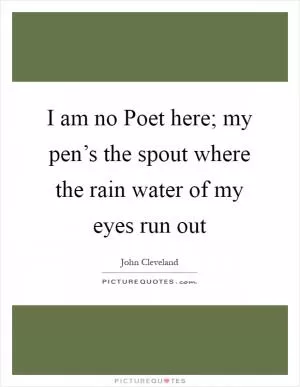
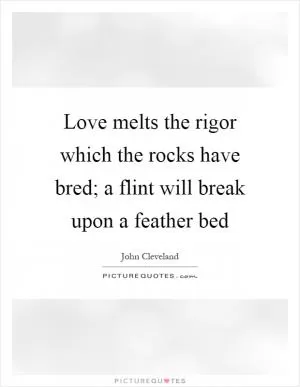

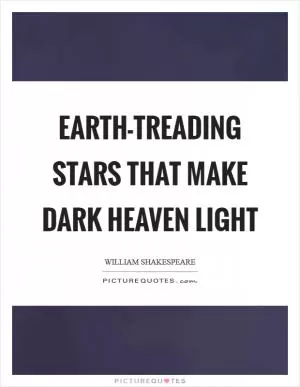
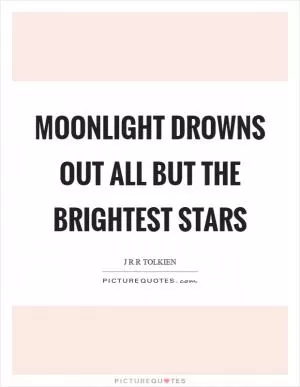
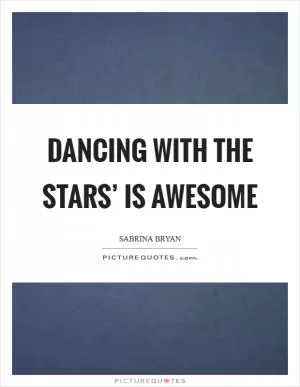
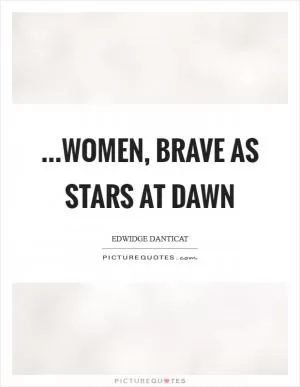
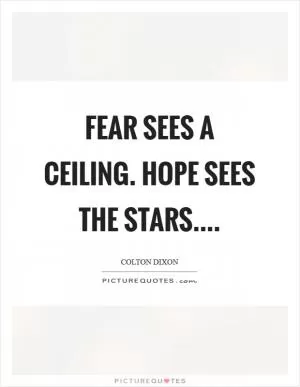
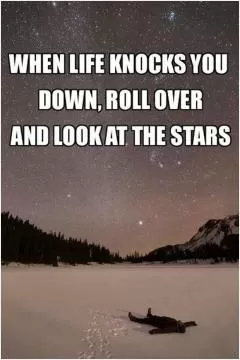

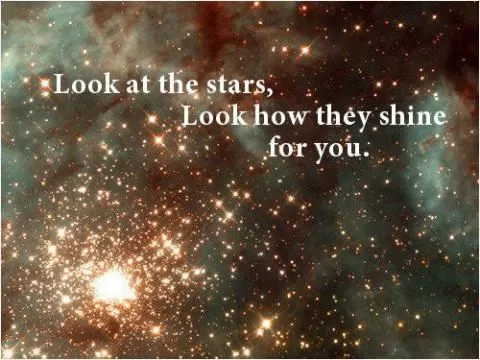
 Friendship Quotes
Friendship Quotes Love Quotes
Love Quotes Life Quotes
Life Quotes Funny Quotes
Funny Quotes Motivational Quotes
Motivational Quotes Inspirational Quotes
Inspirational Quotes